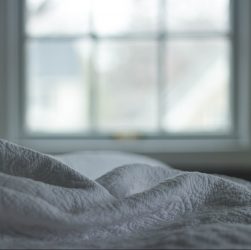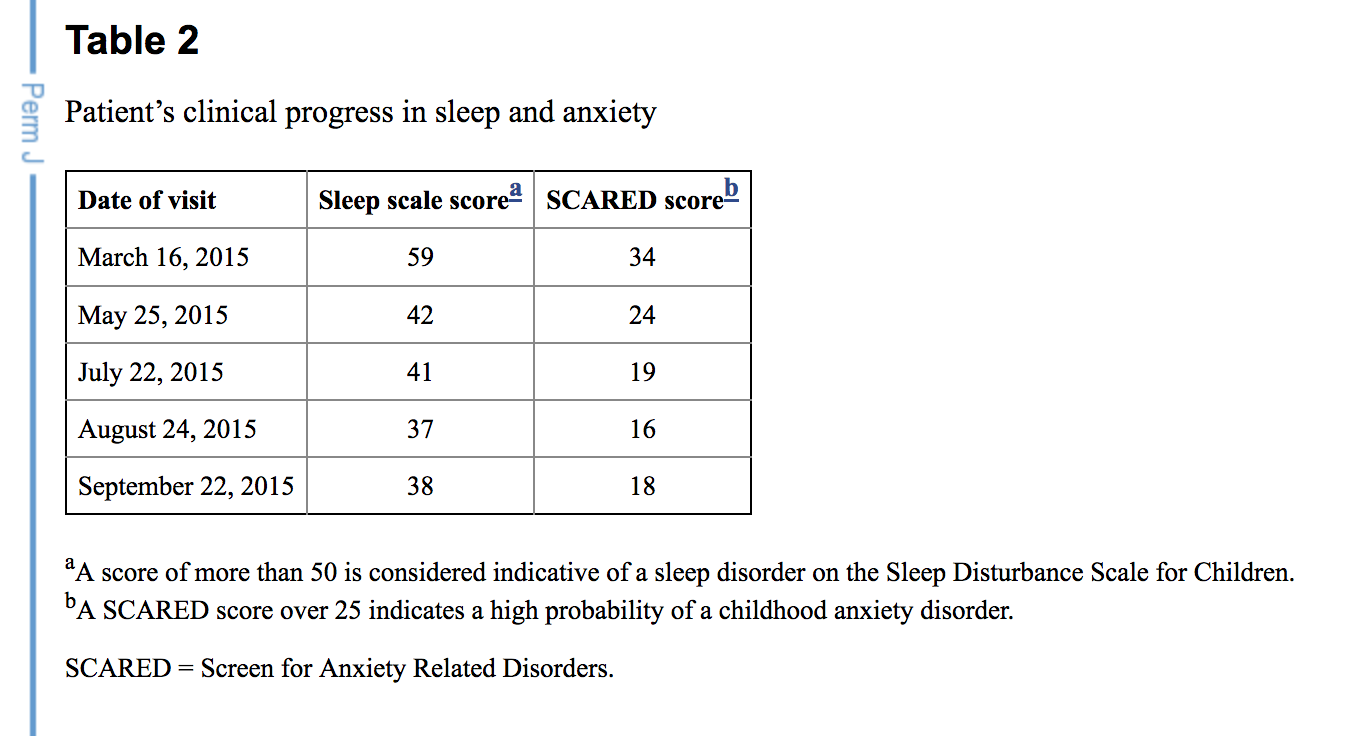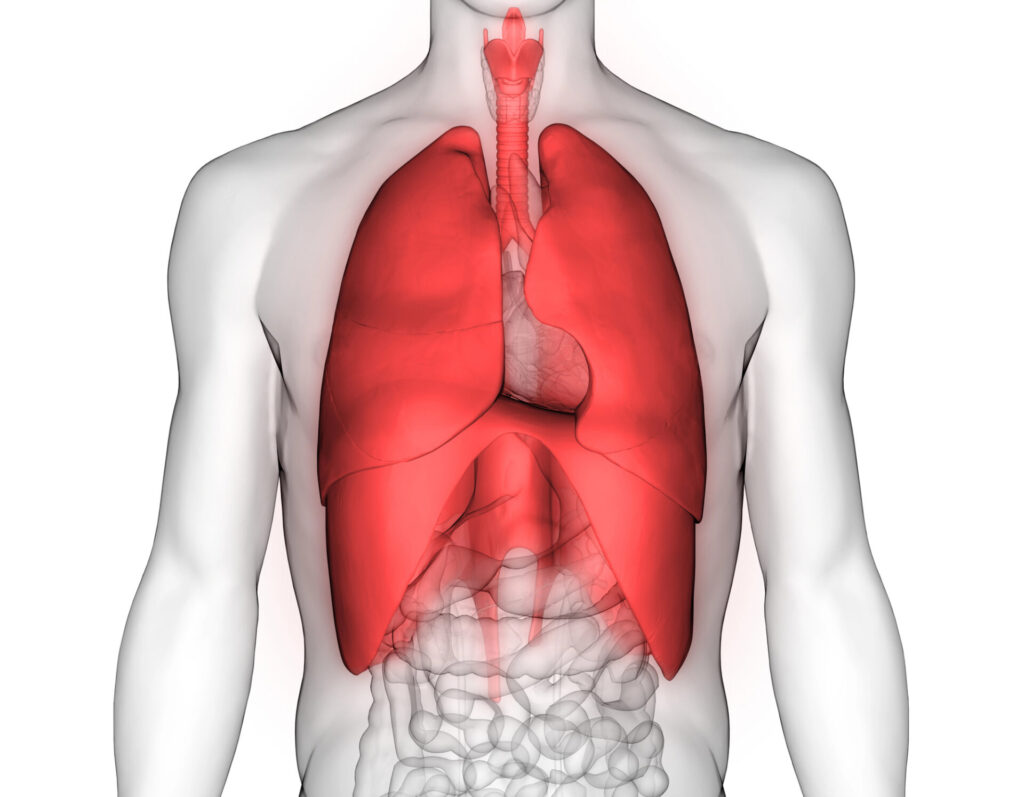Post traumatic stress disorder presents itself as anxiety, insomnia, an inability to focus and demonstration of oppositional behaviors. In this case study, physicians used cannabidiol oil for treatment of a ten-year old girl with PTSD, and describe it as a safe treatment for reducing anxiety and improving sleep. The following are excerpts from the full text study available at the bottom of this article.
Case Presentation for Cannabidiol Oil
- Ten-year-old girl who was sexually abused and had minimal parental supervision as a young child under the age of five.
- Pharmaceutical medications provided partial relief, but results were not long-lasting, and there were major side effects.
- A trial of cannabidiol oil resulted in a maintained decrease in anxiety and a steady improvement in the quality and quantity of the patient’s sleep.
- Her chief issues included anxiety, insomnia, outbursts at school, suicidal ideation, and self-destructive behaviors.
- Her grandmother, who has permanent custody of the patient and her younger brother, accompanied her.
Outcome
A trial of CBD supplements (25 mg) was then initiated at bedtime, and 6 mg to 12 mg of CBD sublingual spray was administered during the day as needed for anxiety. A gradual increase in sleep quality and quantity and a decrease in her anxiety were noted. After 5 months, the patient was sleeping in her own room most nights and handling the new school year with no difficulties. No side effects were observed from taking the CBD oil.
The care providers describe the notable finding of this case as 1. the patient received no pharmaceutical medications (other than nonprescription diphenhydramine); 2. only nutritional supplements and the CBD oil to control her symptoms. During the 5 months of treatment, her anxiety and sleep scale decreased steadily (see Table 2). “She was ultimately able to sleep through the night most nights in her own room, was less anxious at school and home, and displayed appropriate behaviors,” they reported.
My granddaughter’s behaviors are definitely better being on the CBD. Her anxiety is not gone, but it is not as intense and she is much easier to be around. She now sleeps in her own room most of the time, which has never happened before.” ~ Patient’s grandmother and care giver.
Conclusion and Follow Up
Further study will need to be conducted to determine the permanency of our patient’s positive behaviors and how long she will need to continue taking the CBD oil. We do not have a reasonable foundation to recommend dosing from the scientific literature. However, in our experience, this supplement given 12 mg to 25 mg once daily appears to provide relief of key symptoms with minimal side effects. Our patient did not voice any complaints or discomfort from the use of CBD. We routinely asked about headache, fatigue, and change in appetite or agitation in addition to conducting a routine psychiatric evaluation. Although CBD is considered generally safe, the long-term effects are yet to be studied. The ultimate goal is to gradually taper her off the use of CBD oil and transition our patient into lifelong coping strategies such as yoga, meditation, and various other therapeutic activities.
CLICK HERE FOR FULL TEXT STUDY






